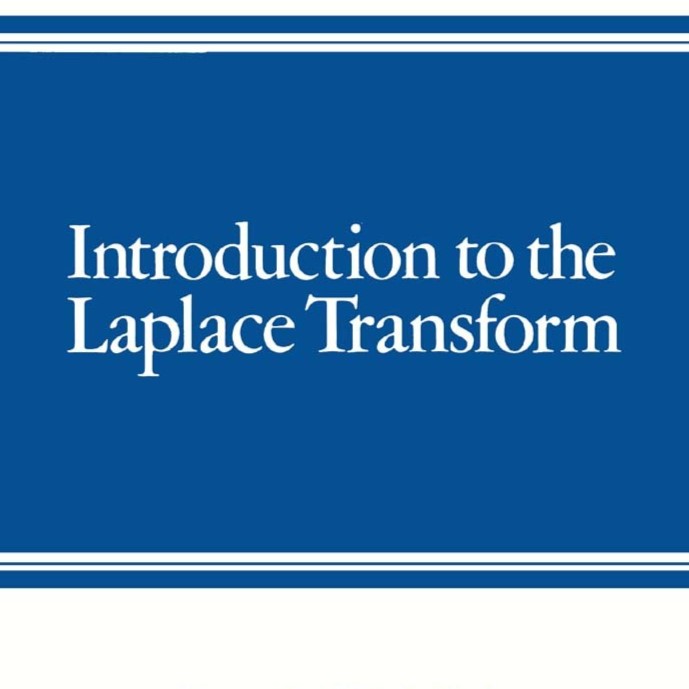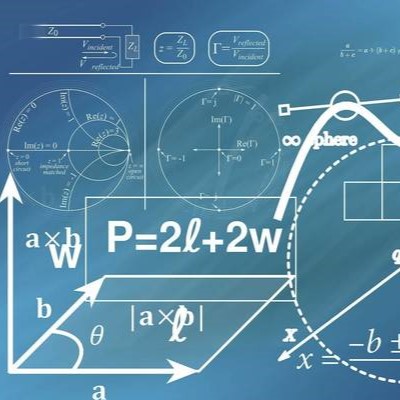Description
Explore the fundamental concepts and applications of Laplace Transforms in this comprehensive course designed to deepen your understanding of advanced mathematics and engineering principles. The Laplace Transform is a powerful mathematical tool used extensively in fields such as control systems, signal processing, differential equations, and more. This course aims to provide you with a solid foundation in both the theoretical underpinnings and practical applications of Laplace Transforms.












Tawa –
“The instructor’s teaching style is very engaging. He provides clear explanations and plenty of practice problems to reinforce the material. This course has greatly improved my understanding of Laplace Transforms.”
Cosmos –
“I’ve taken several online courses, and this one stands out for its practical approach and thorough explanations. The ‘Basics of Laplace Transforms’ course is necessary for any student needing a solid foundation in this area.”
Awawu –
“The ‘Basics of Laplace Transforms’ course was fantastic. The instructor broke down complex concepts into easily understandable segments. I now feel confident in applying Laplace Transforms in my engineering coursework.”